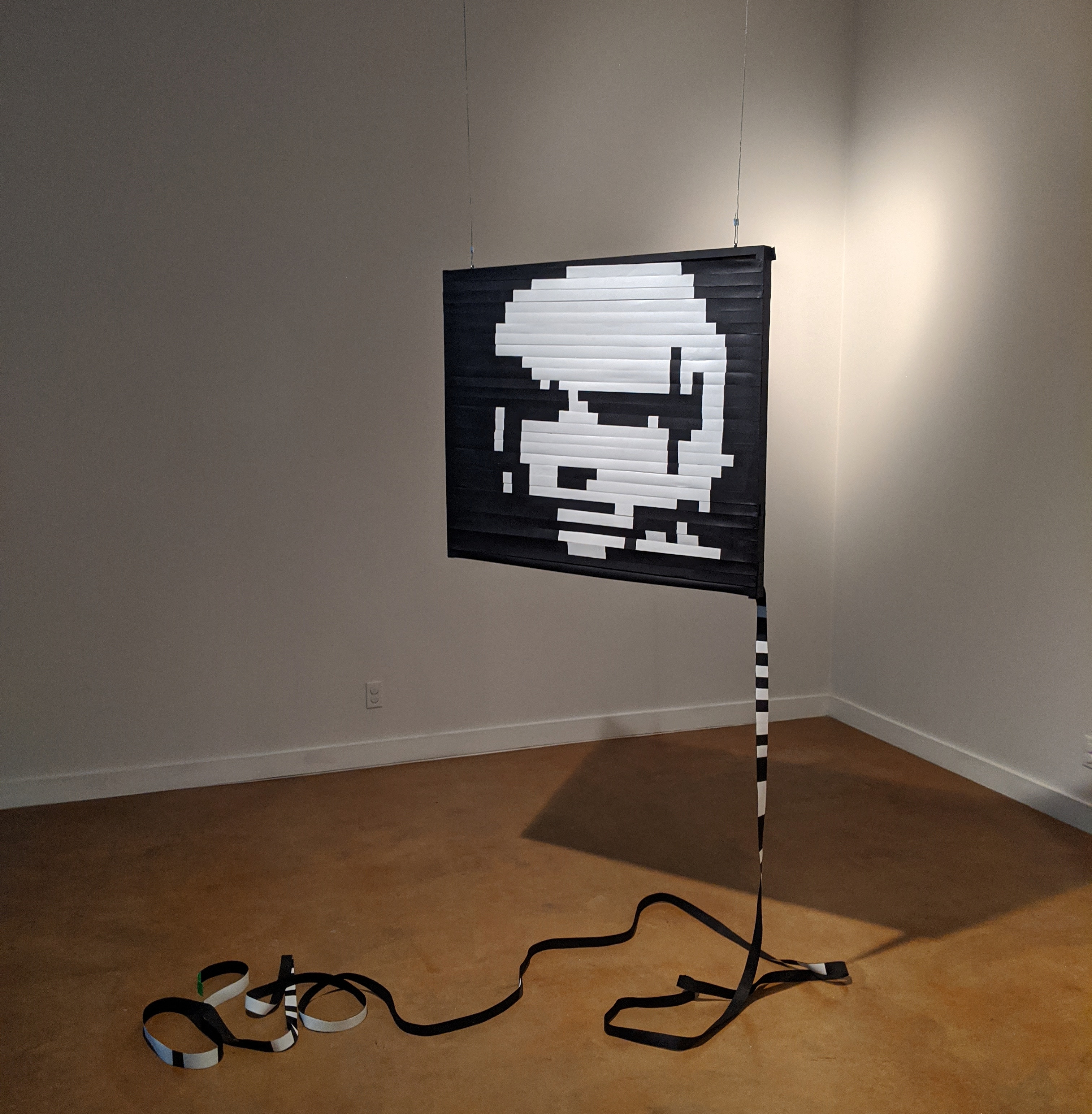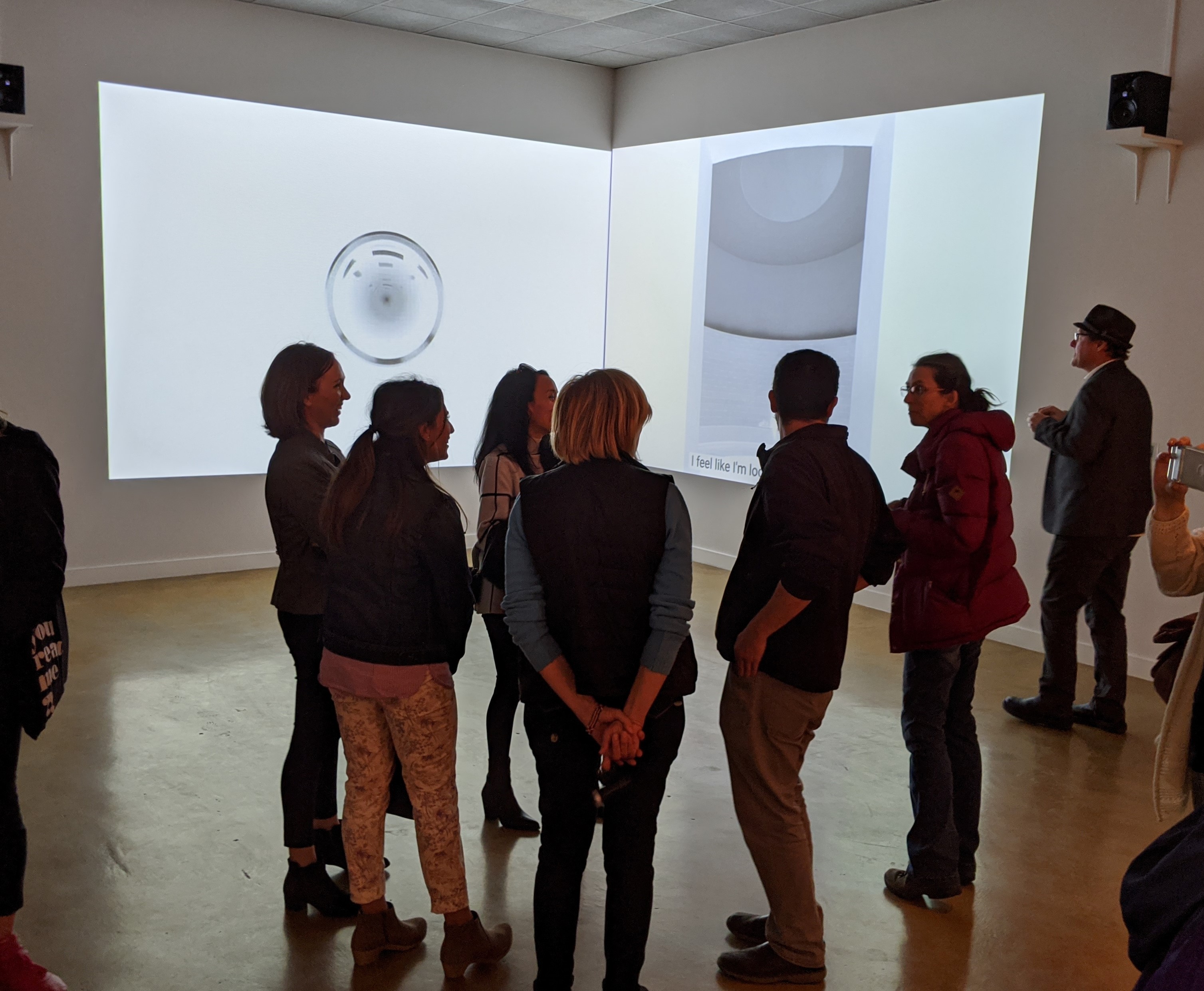Current & Upcoming Exhibitions
Natalie and James Thompson Gallery
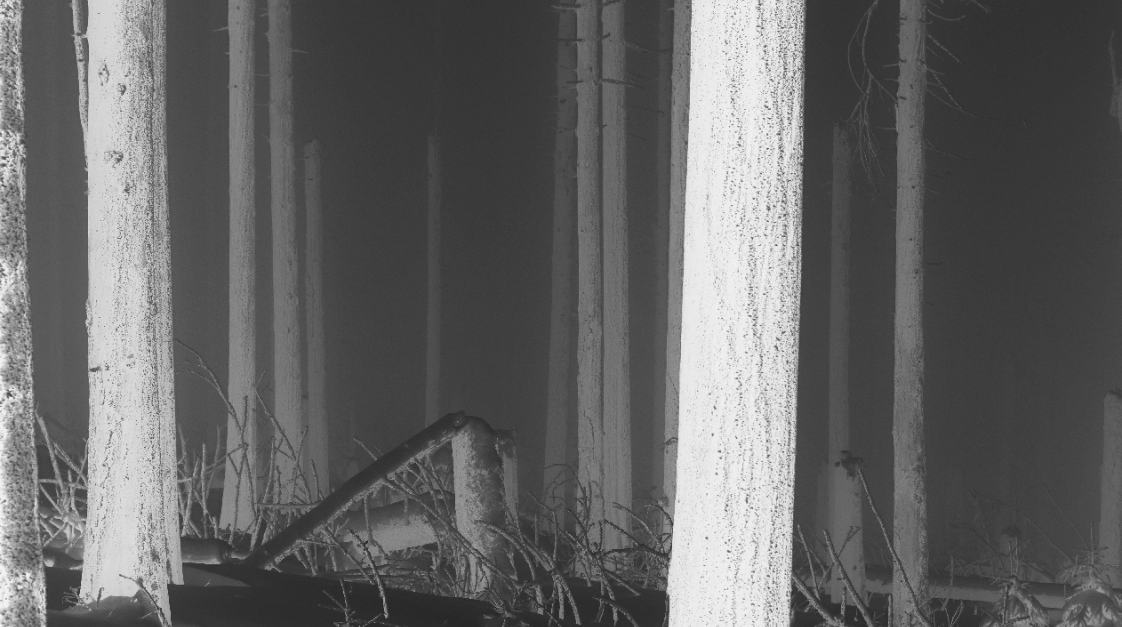
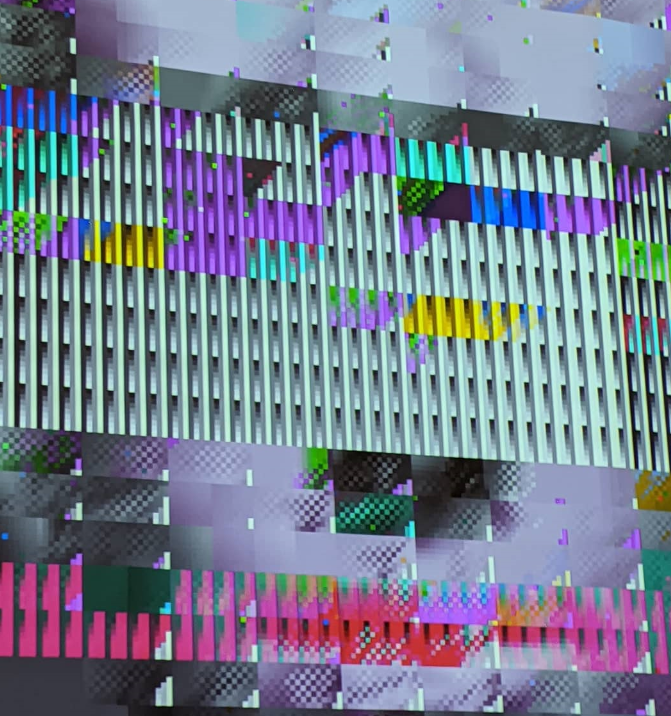
Menkman’s career is defined by a strong basis in research. In 2010, Menkman published the Glitch Studies Manifesto, in which she laid out eight statements on understanding and working with glitch. The crucial one being that one must start by accepting the inevitability of such errors. “Acknowledge that although the constant search for complete transparency brings newer, ‘better’ media, every one of these improved techniques will always possess their own inherent fingerprints of imperfection,” wrote Menkman. In 2011, she published Glitch Moment/um, which explores the growing field of glitch art and examines it through critical, technical and cultural lenses, before considering the possibilities of a glitch art genre.
In 2019, Menkman received the prestigious Collide International/Barcelona award and residency from CERN, the European Organization for Nuclear Research for her proposal “Shadow Knowledge”. As an artist fellow at CERN, Menkman works in dialogue with the scientists at the organization’s particle accelerator facilities. This opportunity has given Menkman the chance to deepen her research in resolutions, especially from the perspective of scale.
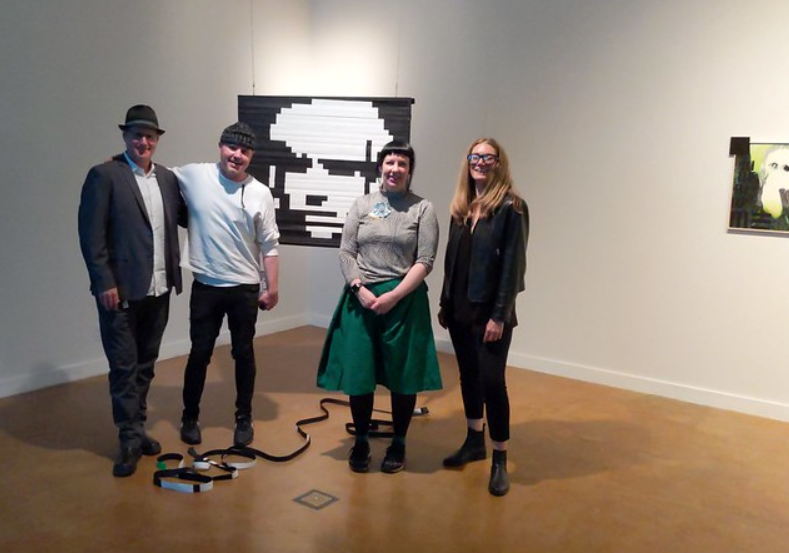
Shadow Knowledge presents four recent bodies of work by Menkman which explore oversaturation and its effects on perception. In 365 Perfect Decalibration, Menkman considers how the oversaturation of particular standards, such as those espoused by beautifying apps, can, when taken to their logical extreme, lead to an almost total loss of meaning. In Whiteout, she considers perception in the context of an oversaturated environment through a personal anecdote of a hike in the midst of a snowstorm. She further explores the relationship between the loss of markers, such as trails, visible objects, and sound can lead to a loss of a sense or purpose, and ultimately and inability to create meaning or understanding.
Throughout, Menkman explores what she terms “Shadow Knowledge,” the blurry and liminal, but ultimately potent space that can exist between the enlightened and the opaque, derived from objects of unsupported dimension and scale. Working against tech standardization and the loss of agency that is forced on users, Menkman imagines a world without resolution, material or other constraints, where the possibilities of creation extend beyond knowledge and into the unseeable.
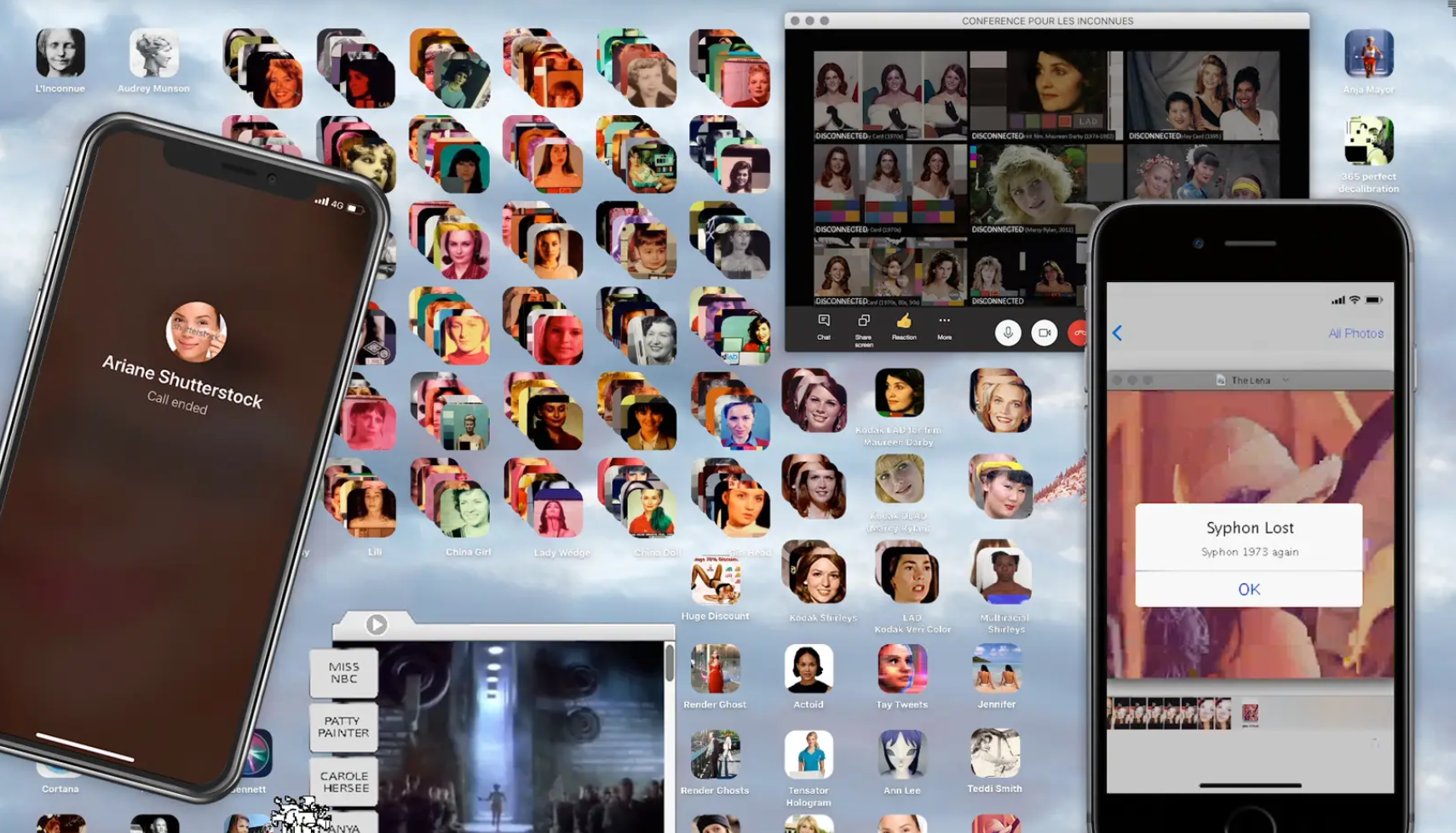
In Pique Nique pour les Inconnues, Menkman considers the ways in which the history of technology has been defined by standardization, in particular through the use of color test cards for image processing. The work presents les Inconnues - unknown women whose images are linked to the history of image processing. In this work, test cards, bots, virtual assistants, stock photos and others find a voice, but fail to recover their personhood. As Menkman states, “Engineers used these female objects to evaluate the quality of image processing, rendering and composition of architecture and to make these latent spaces more amicable. While these women seem to be able to prolong their existence for as long as the (digital) realms will copy and reuse them, most of them have lost their name and identity.” In this work, the viewer is haunted by the familiarity of these digital ghosts, while at the same time, privy to an uncanny experience when the historically mute images speak for the first time.
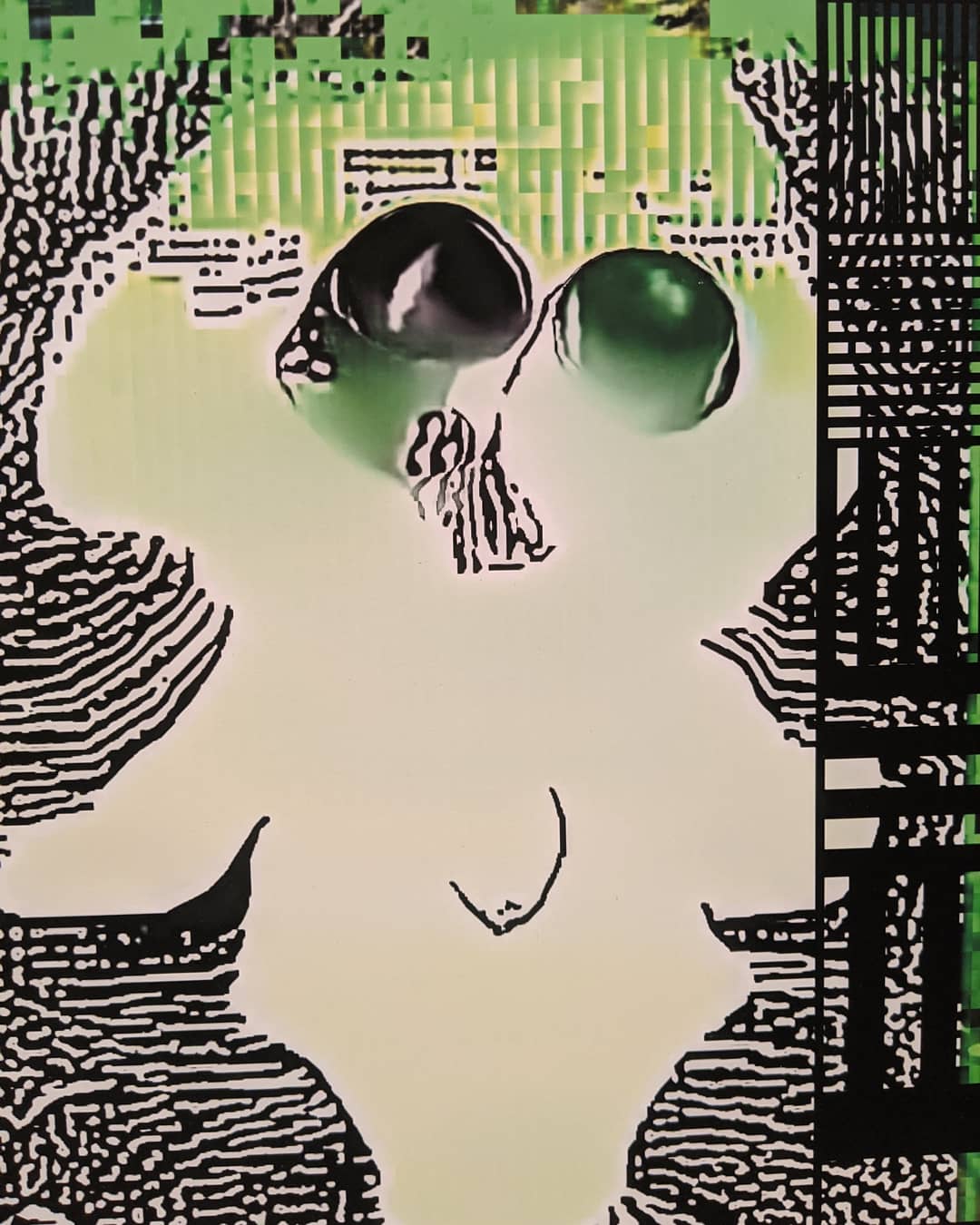

In Whiteout, Menkman presents the story of a mountain hike in a snowstorm. As Menkman made her way up the mountain, she noted not only her physical sensations: inability to see, hear, or orient herself, but also the oversaturation of the environment, the realization that spatial dimension was seemingly wiped out. What does it mean to navigate a grey, dimensionless space? To move without visual or auditory references and to physically plot a course when there is no sense of direction or even horizon? For Menkman, the experience of Whiteout is one of “slices of consciousness, and traversing a virtual axis to nowhere. A landscape with multiple horizons, in which orientation between top and bottom does not exist except within the mind of the wanderer. And even though things seemed to happen in the same space, this state created different places, all layered at once.”
